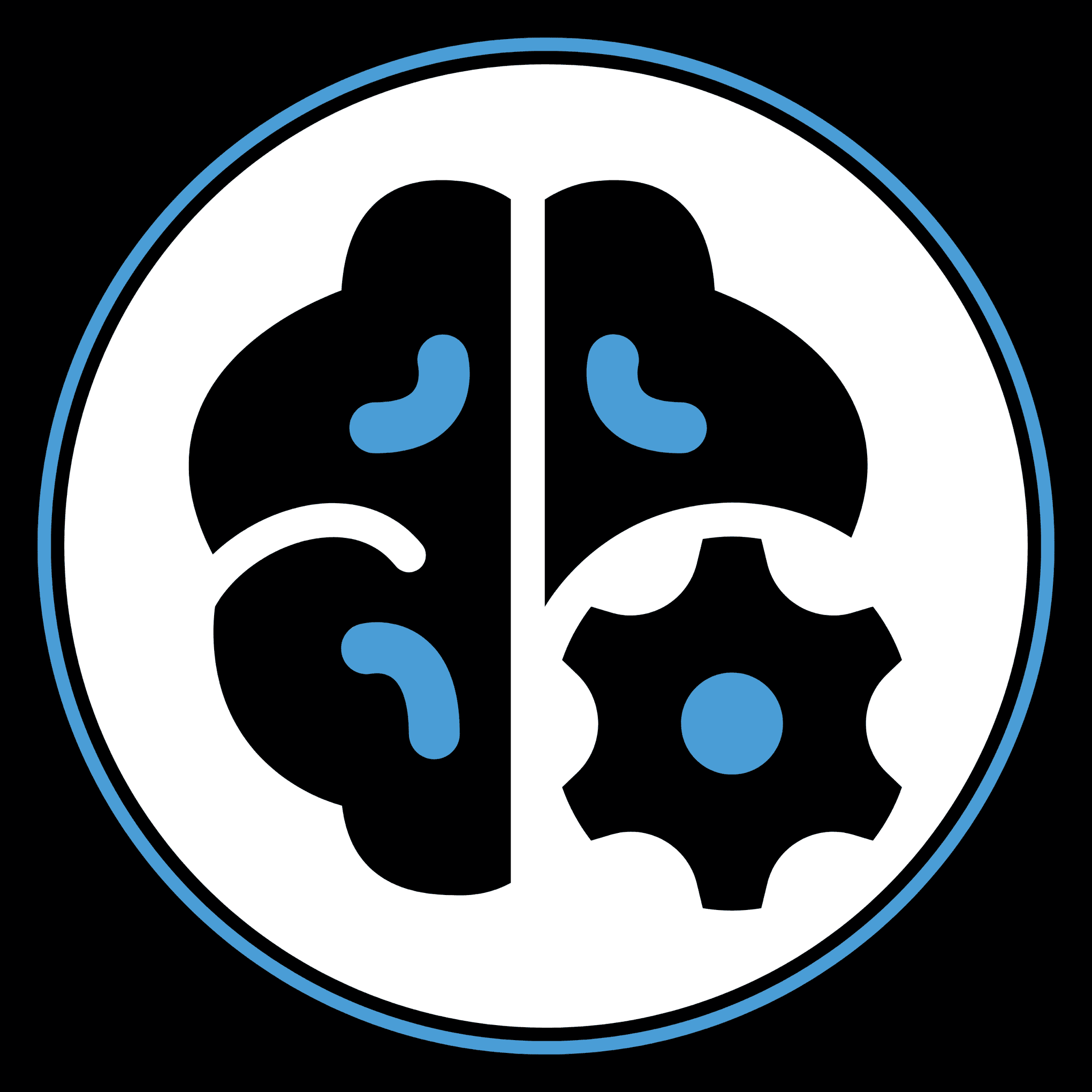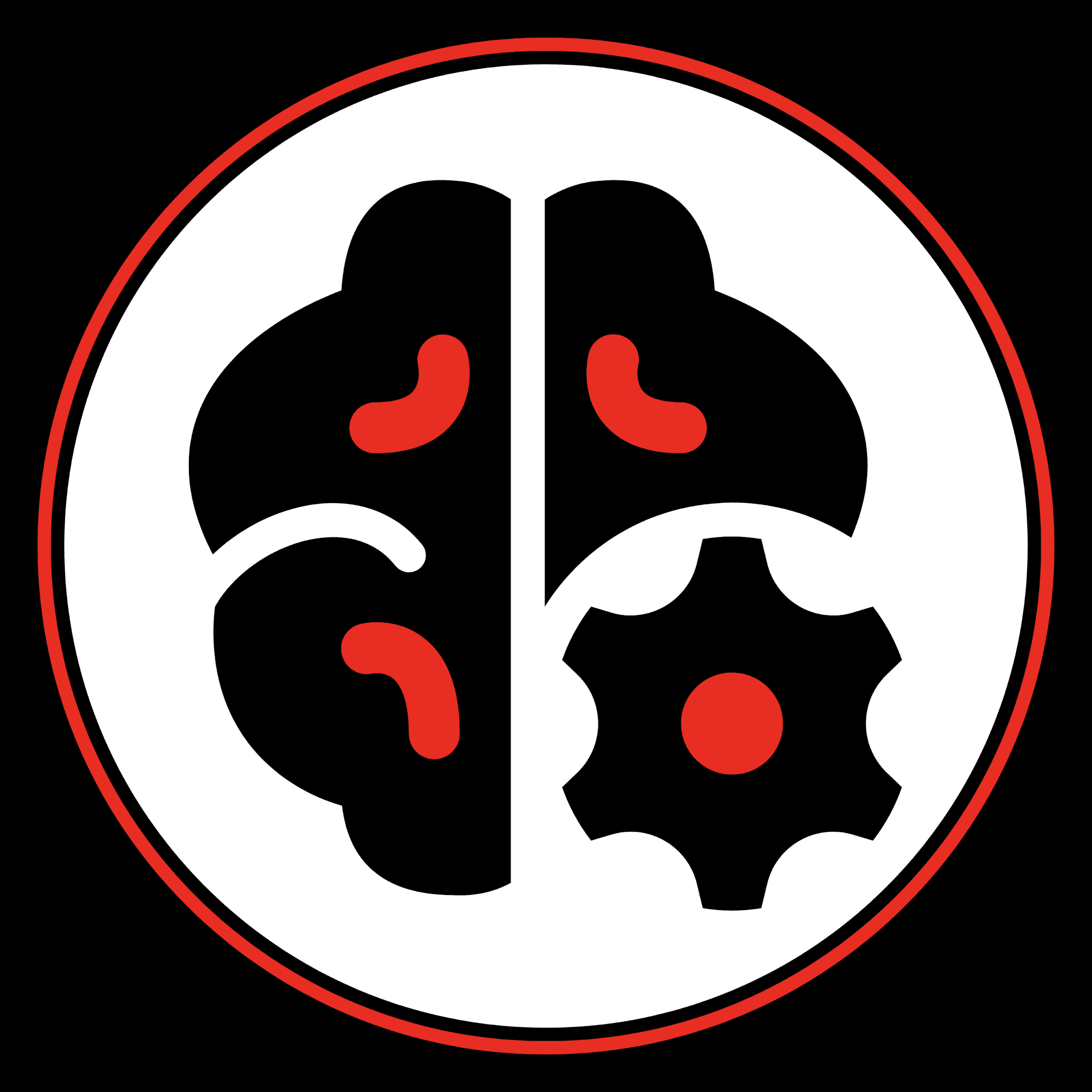Episode 01
Discover Your Behavioural Colour and How It Applies to Life at Work and at Home.
If you like where we've been, you'll love where we're going. You may even want to come along for the ride.
Subscribe to our weekly newsletter full of practical emotional intelligence insights and tools.








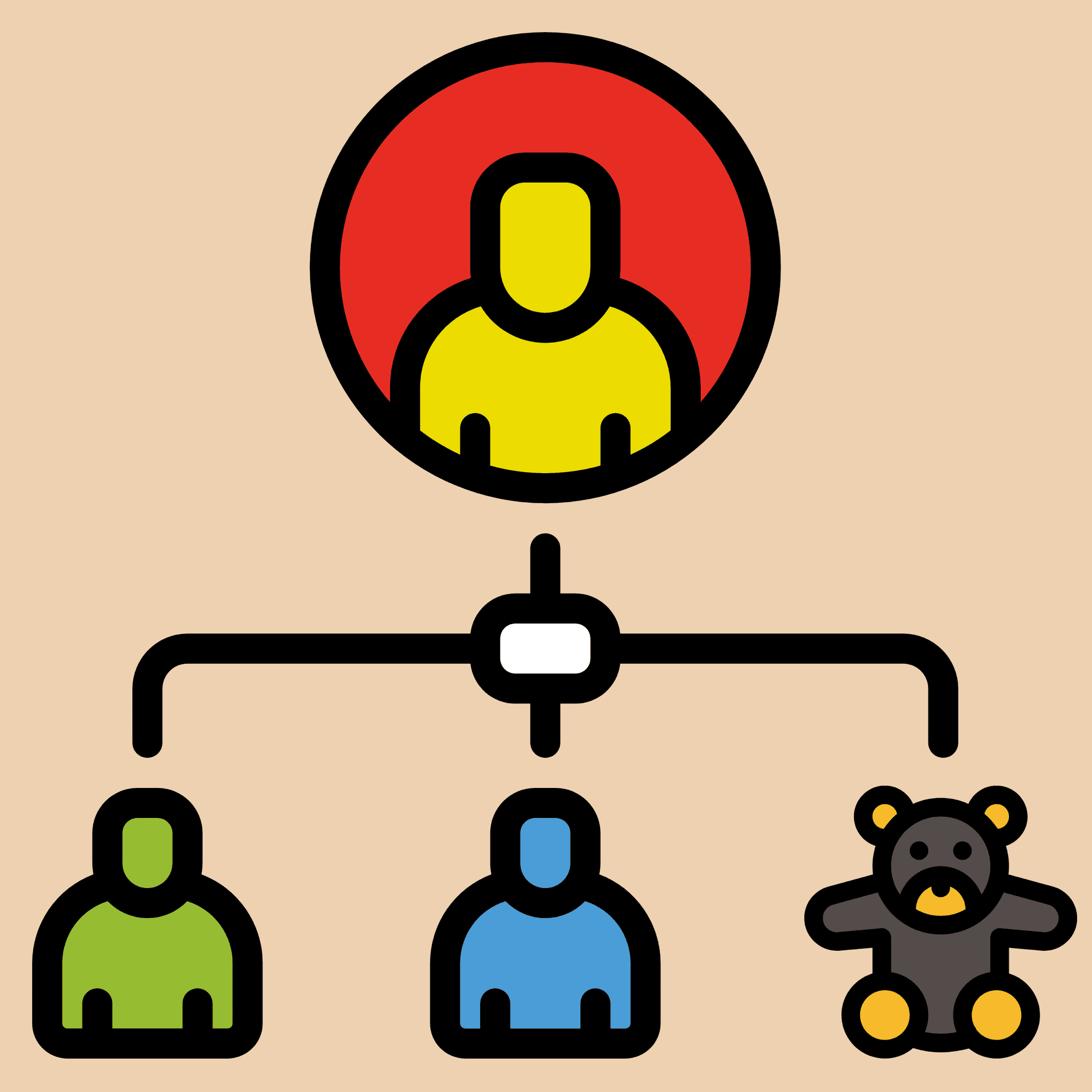
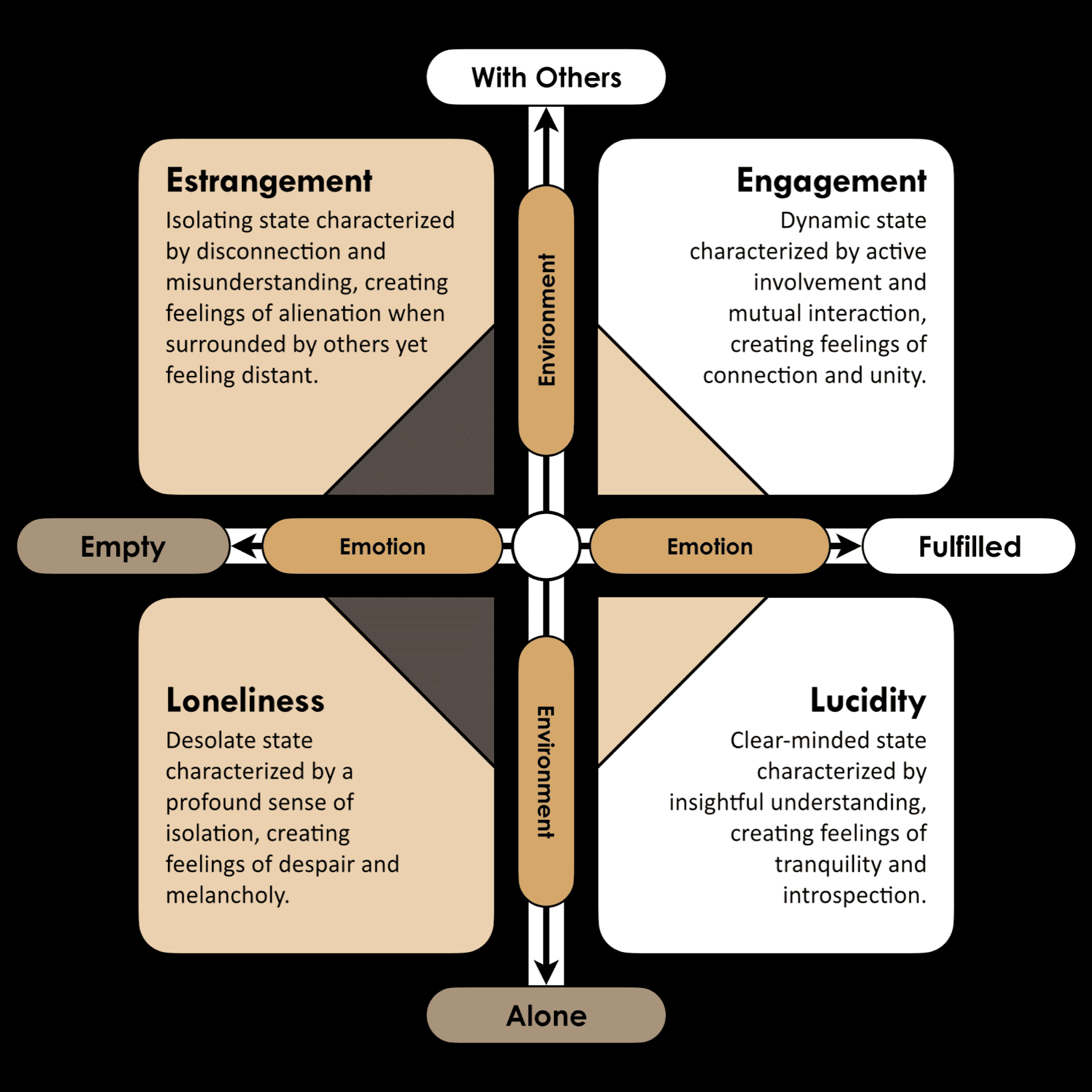
A significant void in the experienced talent pool has been created by mass retirements of baby boomers (10,000 daily between now and 2029). Using remote work technologies, leaders now tap into senior talent in other markets to fill the gap.
Moreover, they are replacing many departing employees with younger, tech-savvy, flexible employees who push even harder for the adoption of these technologies.
As well as enabling remote work, technology automates routine tasks, releasing time for more innovative projects. As remote work technology enables global connectivity, it also increases competition for every company, forcing it to become innovative, just to stay alive.
The knowledge-based economy has arrived, where innovation and knowledge creation are THE competitive advantages.
As more and more routine tasks are automated, companies are forced to differentiate themselves based on how well they acquire, manipulate, and redeploy knowledge to solve complex problems. Besides up-skilling by attracting the next generation of talent, companies must also change their culture and leadership, as existing rules-based approaches hinder creativity, which is now the ultimate key to success...if not survival.
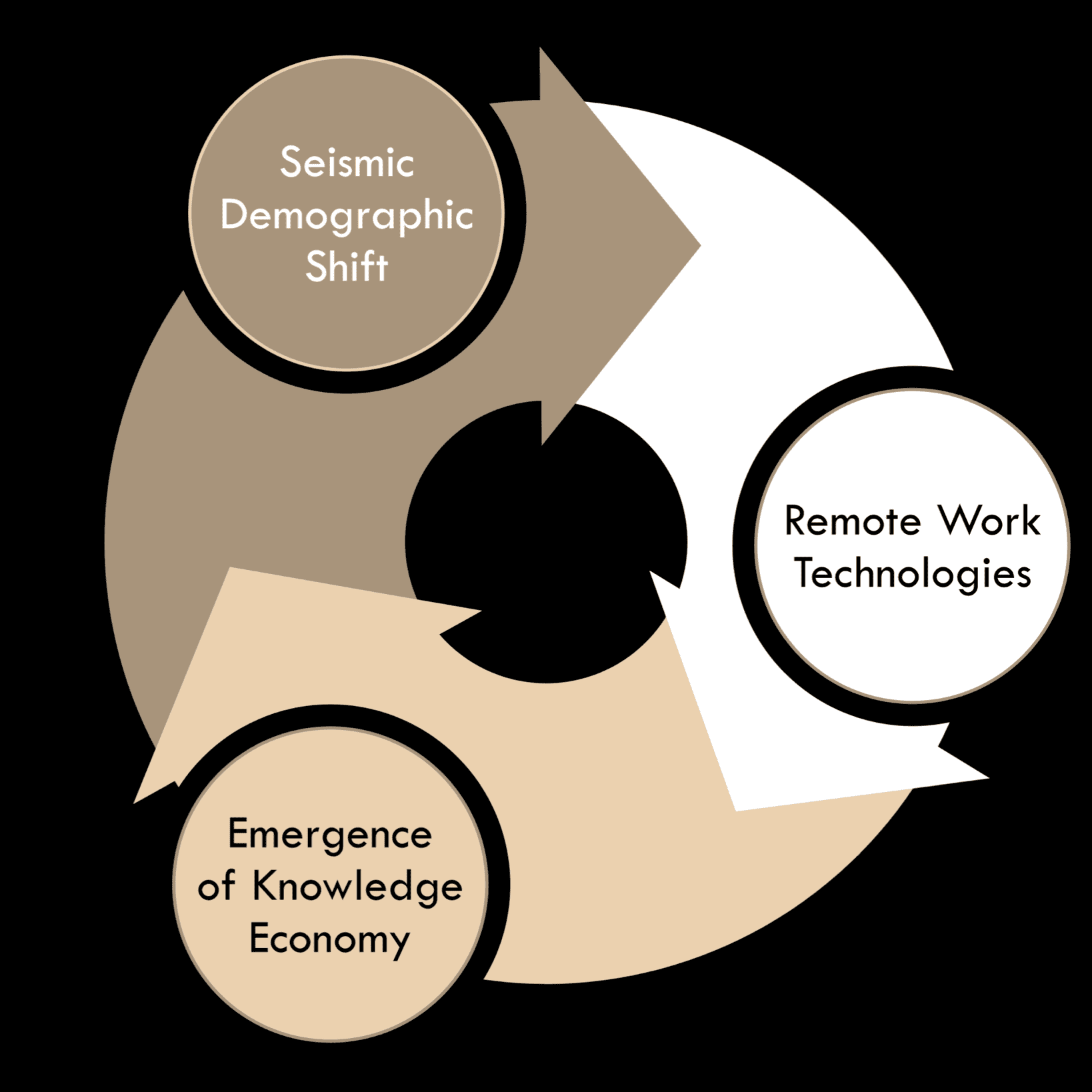

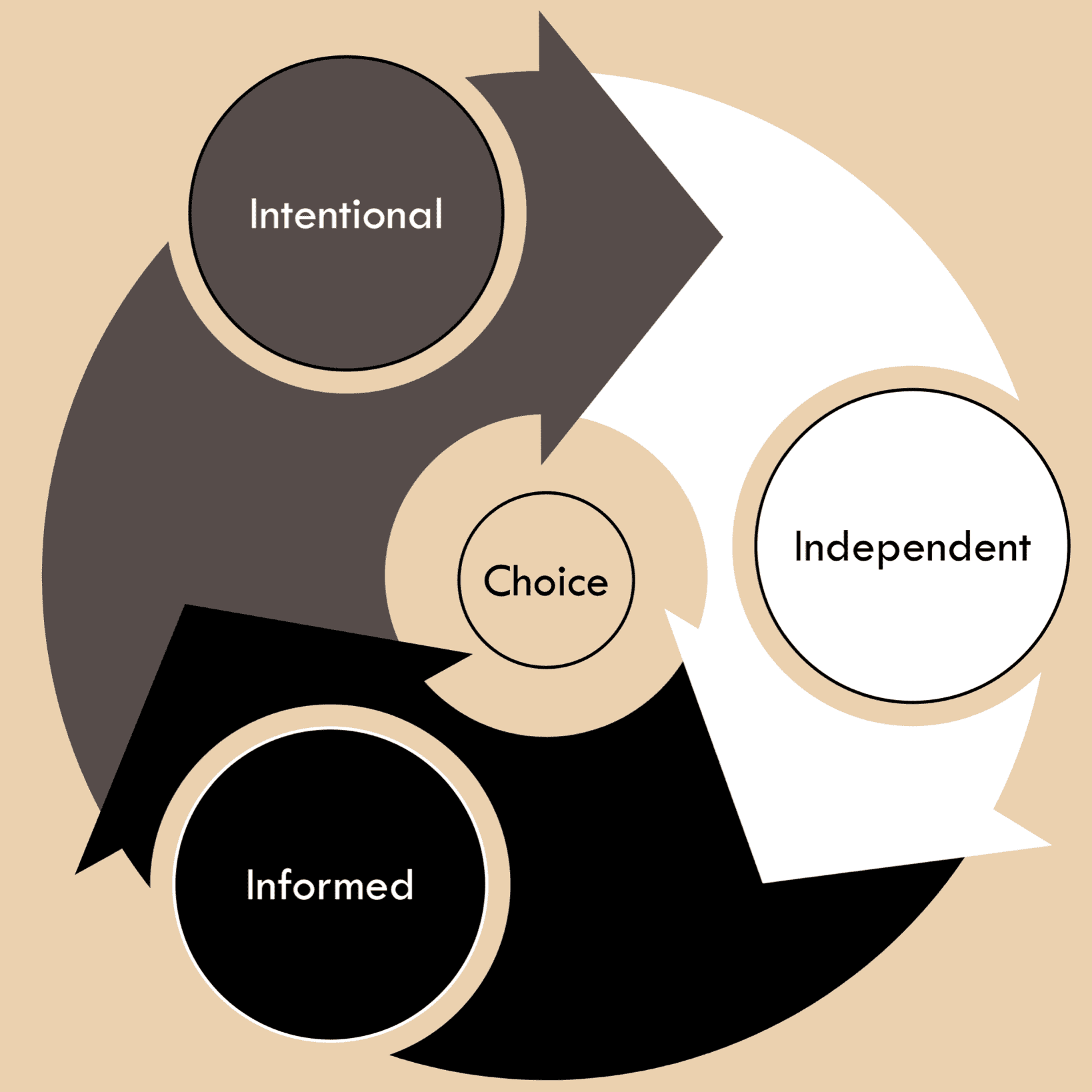
Leaders often define success by outcomes achieved. It offers a clear yardstick to measure success and creates a predictable environment.
Yet, for employees working within such a rules-based structure, this approach is emotionally draining. They are constantly judged on their performance, neglecting their uniqueness, creativity, and potential.
Feelings of loneliness increase in this kind of environment. When success is defined solely by outcomes, employees can feel as if they are alone in their pursuits, struggling with an empty, unfulfilled feeling, even when they are surrounded by colleagues.
Business-wise, associated financial costs compound quickly. A demotivated and isolated workforce leads to high employee turnover rates, expensive recruitment processes, and lost innovation potential over time.
Embracing the rewards & penalties approach is tempting for leaders. The belief: provide a carrot to chase and a stick to avoid, and you'll guide behaviour.
Despite short-term results, this can devastate employee well-being. A constant cycle of seeking approval and fearing retribution can stifle genuine engagement. These external motivators often overshadow intrinsic motivation, resulting in feelings of isolation.
By working only for rewards or out of fear, they can lose touch with their true passions and sense of purpose. This leads to profound loneliness - a feeling of isolation even in a bustling workplace.
Financially, this approach comes at a price. By not fostering a culture of long-term thinking, the company will miss out on innovation and suffer costs tied to employee burnout and disengagement.
The idea of tying accountability to outcomes resonates with leaders because it streamlines management, pegging responsibility neatly against clear benchmarks. But beneath the seemingly efficient surface lies a potential minefield.
Employees' motivation can be suppressed when their worth is based solely on outcomes. This culture breeds anxiety and apprehension, pushing employees to work defensively rather than collaboratively.
It can also increase feelings of loneliness. If every individual is measured by outcomes alone, the sense of collective purpose fades, leaving employees to tackle challenges on their own, feeling empty even when they succeed.
The stifled creativity, missed innovation opportunities,and heavy turnover that result can have colossal financial costs for companies.
Leaders may find it appealing to enforce discipline and maintain order by addressing failure with judgement and punishment. It sends a clear message that performance and success are expected.
However, the adverse effects on employee morale are obvious once you probe beneath the surface. When every misstep is scrutinized and punished, employees find themselves ensnared in a web of fear, stifling their ability to think outside the box.
Loneliness is amplified in this climate. To avoid judgment, employees retreat inward, leading to a workplace marked by caution and solitude, and one lacking in teamwork.
There are a number of financial costs associated with this approach. As well as the obvious costs of high turnover, businesses risk losing the potential breakthroughs that can come from trying and failing in a controlled manner.
Leaders often think that praising talent is straightforward and universally positive. Recognition seems intuitive for boosting morale and highlighting top performers.
However, there's a catch. Praise based on innate talents ignores effort, growth, and perseverance. Employees feel their worth is determined by what they were naturally gifted with, instead of what they can develop.
This can lead to isolation and stagnation. People who don't feel "talented" may distance themselves from growth opportunities, fostering feelings of loneliness and lack of fulfillment.
Financially, companies often miss out on the vast potential of their full employee base, resulting in missed opportunities and underutilization of human capital. Underdeveloped "B Players" leave to become "A Players" in competing firms willing to develop them.
The idea that success is measured by progress toward a shared future is more nebulous to leaders, making it harder to embrace than a rules-based approach.
A shared future is often abstract, and progress is difficult to quantify. Employees, however, thrive within this choice-based environment. It fosters a profound sense of belonging and emotional well-being by acknowledging the journey and shared aspirations.
This setting makes employees feel less lonely. Being connected to a larger mission, a part of a collective movement, reduces feelings of emptiness and lack of fulfillment.
Financially, companies that embrace this approach enjoy increased employee loyalty, lower turnover, and innovation increases thatonly come from deeply invested employees.
Many leaders struggle with letting go and granting autonomy. It requires trust, releasing control, and believing that employees will succeed when left to their own devices.
However, this leap of faith cultivates a culture of well-being for employees. Feeling in charge unlocks passion and innovation when people feel connected to their work.
Loneliness disappears in this environment. Rather than focusing on isolated tasks, employees are motivated by their intrinsic motivations to connect deeply with their roles and colleagues.
Companies that champion autonomy often are ahead of the curve financially. The ripple effects of heightened innovation, enhanced team collaboration, and a workplace culture that attracts and retains top talent benefit all aspects of the bottom-line.
Helping people account for their choices can be intimidating for leaders. Unlike its rule-based counterpart, this philosophy encourages leaders to nurture rather than dictate, placing their trust in the judgment of their teams. It feels less structured and more chaotic than rules-based approaches.
It pays off, though, by empowering employees emotionally. People feel valued for their intentions, efforts, and learnings, not just their successes.
Employees are encouraged to collaborate, share insights, and take collective pride in their choices as they find themselves in a supportive ecosystem.
This isn't just an emotional victory; it's a proven money maker. Innovative companies that adopt this philosophy reap the benefits of heightened team cohesion and a magnetic organizational culture that attracts and retains talent.
Many leaders find it challenging to embrace the paradigm shift that emphasizes curiosity and education in response to failure. Unlike its rules-based counterpart, this approach requires patience, resilience, and a belief that growth often comes from failure. In addition, it requires high levels of emotional intelligence, since many failures directly affect leaders. Not responding harshly can appear as if leaders are 'letting people get away with it'.
However, the benefits to employee well-being are enormous. The workplace becomes more secure and trusting when the fear of reprimands is replaced by the promise of learning.
When employees feel safe, they're less likely to feel isolated. This atmosphere of mutual support and collective pursuit alleviates loneliness.
While the immediate returns may be less tangible, the long-term gains are significant. By fostering an environment where mistakes become stepping stones, companies stand to benefit from a workforce that's constantly evolving, innovating, and driving forward momentum.
Leaders may find praising vulnerability counterintuitive. Recognizing vulnerability instead of natural abilities may feel like emphasizing weakness over strength. This however, is where its transformative power lies.
An organizational culture of openness, authenticity, and support is fostered when vulnerability is celebrated. All employees feel seen and understood, not just for their triumphs, but also for their struggles.
The shared acknowledgement reduces loneliness among team members and fosters deeper relationships. This approach is not only emotionally rewarding but also financially wise.
When vulnerability is honored, employees are more likely to share innovative ideas, take calculated risks, and collaborate without fear of judgment. In an ever-competitive market, a culture of trust and innovation offers a significant competitive advantage.


